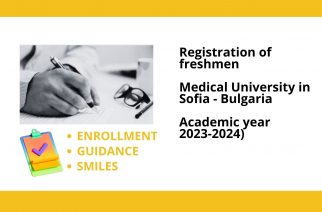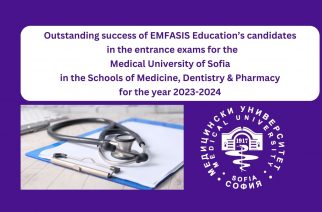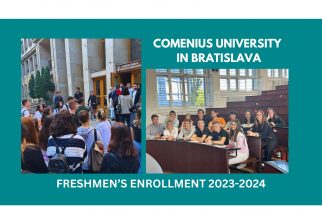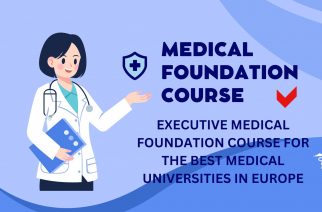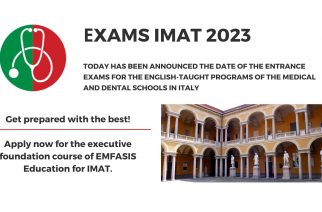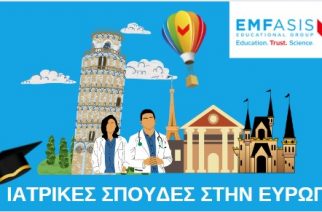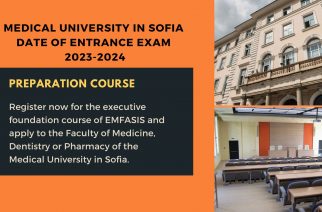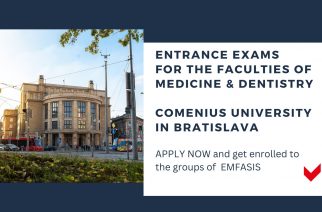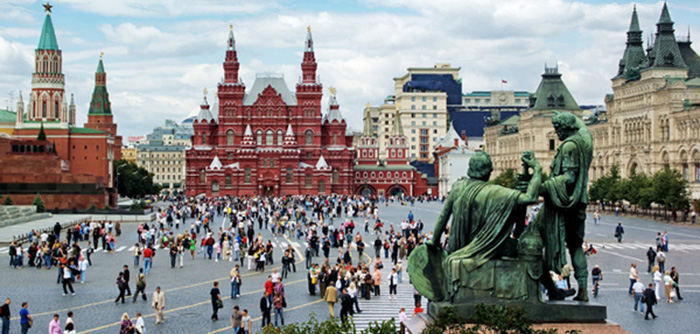
KNOWLEDGE LEVELS OF THE RUSSIAN LANGUAGE
We offer a complete and systematic preparation for the acquisition of the following certificates issued by the University of Moscow:
Read More The holder of this certificate has a level of knowledge, which allows him/her to be expressed in a limited number of situations in the everyday life. Knowledge of about 600-700 words is required to obtain this certificate.
Read More This certifies that the student has enough knowledge to meet the needs of simple and routine dialogues on familiar and current issues. Knowledge of about 1,200-1,300 words is required to obtain this certificate.
Read More This certifies that the student has a good knowledge of the Russian language. With this knowledge, he/she can express him/herself clearly in writing and orally on a wide variety of issues and understand simple texts. Attendance at the Universities of Russia requires this certificate. Knowledge of about 2,300-2,500 words is required to obtain this certificate.
Read More At this level, the student has very good knowledge of the Russian language. He/she can understand complex texts and express him/herself comfortably and clearly, both orally and in writing in his/her social and professional environment. Knowledge of about 5,000-6,000 words is required to obtain this certificate.
Read More At this level the student has excellent knowledge of the Russian language. He/she can understand difficult, original texts (mostly literary), be expressed comfortably and clearly, both in writing and orally, to elaborate scientific research and teach Russian of elementary levels. Knowledge of about 10,000 words is required to obtain this certificate.
Read More The holder of this certificate is able to freely use the language at a level approaching his/her native one.
Read More The Russian alphabet is a variant of the Greek (Byzantine) which was invented in the 9th century to spread the Bible among Slavic-speaking nations. This is the work of two monks from Thessaloniki the brothers Cyril and Methodius and the eminent monk and scholar Maximus Grekou of Mount Athos, whose action had a decisive role in the shaping of the Russian language.
Read More Russian is a rich and expressive language with tremendous flexibility without major difficulties for Greek-speaking students (compared with the English-speaking ones), due to the common origin and the common grammar and syntax. Also, too many words of Greek origin are used in the Russian language, which are easily understood by the students.
Read More For centuries, the Greek world maintained close relations with Russia, but in the recent years due to its business boom, Russia has been developed to a market with a huge potential for exploitation in all fields. Greeks learn Russian for various reasons, such as to read Dostoevsky, to study at the Universities of Russia, to develop their commercial activities, to seek a better position in the global labor market, for personal reasons, etc.
Read More Mainly students and adults who are interested to come in contact with this magnificent language, that is too rich in both vocabulary and expression.
Read More Russian is correctly and responsibly taught by experienced teachers, graduated from Russian Universities, who speak fluently Greek, Russian and English.
Read More The following Russian certificates are available: initial level, basic level, first level, second level, third level, and fourth level. The specific exams take place once a year in Athens and are conducted by the University of Moscow.
Read More Students will be able to communicate in issues of the everyday life after 100-120 teaching hours.
Read More Perfection in the Russian language may take a lifetime. However, about six academic years are required in order to reach the highest level of knowledge of the Russian language.


